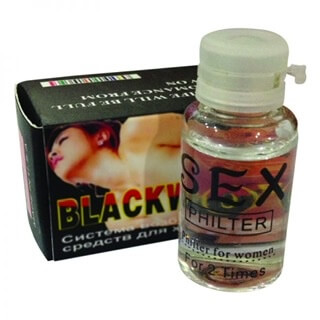The desire to enhance sexual performance is common among individuals, and many seek out various products like timing tablets and timing creams to help prolong intercourse and address premature ejaculation (PE). Both timing tablets and creams have their pros and cons, and choosing the best one depends on individual preferences, needs, and health conditions. This article explores the effectiveness, usage, benefits, and potential side effects of these products.
Understanding Timing Tablets:
Timing tablets, also known as delay pills, are oral medications designed to help men last longer during sexual activity. These tablets often contain active ingredients that delay ejaculation by targeting the central nervous system.
Common Ingredients:
Tramadol: An opioid pain medication sometimes used off-label for PE due to its delaying effects on ejaculation.
Sildenafil (Viagra): While primarily used for erectile dysfunction, some studies suggest it may help with PE in certain cases.
Benefits:
Convenience: Easy to use and can be taken discreetly before sexual activity.
Drawbacks:
Prescription Requirement: Many effective tablets require a prescription from a healthcare provider.
Potential Dependency: Over-reliance on these medications may develop, impacting natural sexual performance.
Exploring timing creams:
Timing creams are agents applied directly to the penis.
These creams often contain local anesthetics.
Common Ingredients:
Lidocaine: A widely used local anesthetic that numbs the skin and reduces sensitivity.
Prilocaine: Often used in combination with lidocaine for enhanced numbing effects.
Benefits:
Localized Action: Directly affects the area of application, reducing the risk of systemic side effects.
Quick Onset: Typically takes effect within 10-15 minutes of application.
Drawbacks:
Application: Requires proper application and absorption time before intercourse, which can be less convenient.
Potential for Transfer: There’s a risk of transferring the cream to a partner, which can reduce their sensitivity and enjoyment.
Allergic Reactions: Some users may experience skin irritation or allergic reactions.
Comparing Effectiveness:
Effectiveness can vary based on the individual and the severity of their condition. Timing tablets generally provide more consistent and reliable results due to their systemic action. In contrast, timing creams offer a more localized approach, which can be advantageous for those sensitive to oral medications.
Suitability also varies. For individuals seeking a non-prescription, easily accessible option, timing creams may be preferable. On the other hand, those looking for a scientifically-backed solution with more robust clinical evidence might opt for timing tablets.
Considerations for Use:
When choosing between timing tablets and creams, consider the following:
Medical History: Consult with a healthcare provider to determine any underlying conditions that might influence the choice.
Convenience: Evaluate the ease of use and how it fits into your routine.
Partner’s Comfort: Ensure the product does not negatively impact your partner’s experience.
Side Effects: Weigh the potential side effects and choose the option with the least risk.
Conclusion:
Both timing tablets and timing creams can be effective solutions for delaying ejaculation and enhancing sexual performance. The best choice depends on individual preferences, health conditions, and specific needs. Consulting with a healthcare provider can provide personalized guidance and ensure the selected product is safe and effective for your situation.







Leave a comment
Your email address will not be published. Required fields are marked *